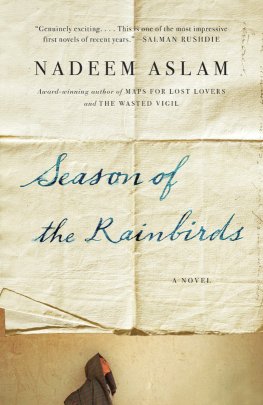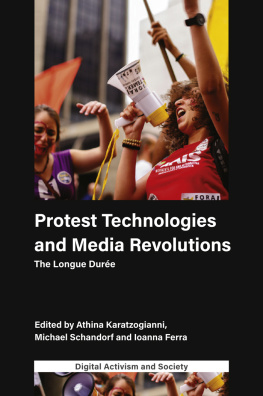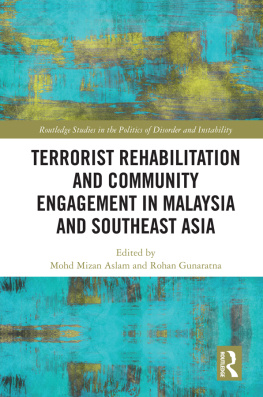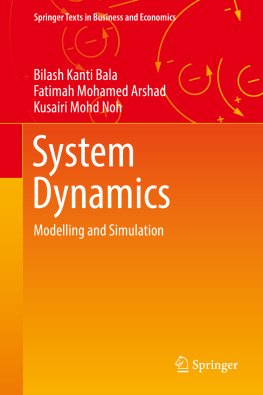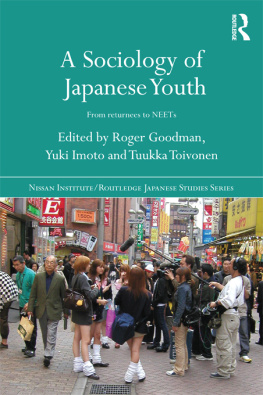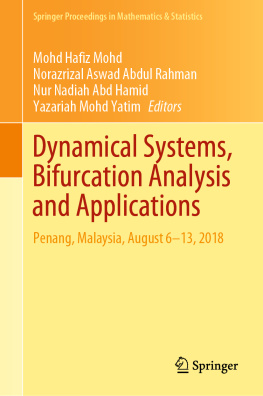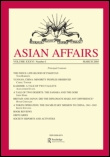
Shifting attention away from youth studies usual suspects of USA, Northern Europe and Australia, this book represents a much welcomed and important contribution to decolonising knowledge. Bhat does an exceptional job of bringing the particularities of the post-Soviet Central Asian context to the fore, whilst authoritatively grounding these specifics in wider and, indeed, global ongoing debates about young people, social transformation and the continuance of social reproduction.
Steven Roberts, Monash University, Australia
Bhat offers not only a new take on Uzbek youth from a South Asian perspective that reflects Central Asia's current global and regional entanglements, but also a much-needed bridge between Central Asian Studies and classical sociology.
Stefan Kirmse, Humboldt University, Berlin, Germany
A very timely, engaging and scholarly text with an interpretative lens. Bhat provides a remarkably clear and lucid picture of the aspirations, anticipations and risks experienced by young people in post-Soviet Uzbekistan, and Central Asia at large, while at the same time locating it within the contemporary sociological debates and discourses very succinctly and in a concise manner.
Professor Ajay Patnaik, Jawaharlal Nehru University, New Delhi, India
The Sociology of Central Asian Youth is an interesting and original study of the youth of Uzbekistan that will certainly initiate new dialogue about youth in all of Central Asia.
Timothy May, Professor of Central Eurasian History in the College of Arts and Letters, University of North Georgia
The Sociology of Central Asian Youth
At the onset of the twenty-first century, youth studies emerged as a distinct field of inquisition. Discourses and debates in the field have since become more sophisticated, and the spectrum of analysis has likewise broadened. However, it is striking to note how little reference is made to young people of peripheral regions like Central Asia.
The Sociology of Central Asian Youth seeks to critically broaden the discussion on youth transitions discourse by moving beyond the geographical terrain of North America, Britain, Australia and Western Europe. The work establishes an in-depth understanding of young Central Asians, with a special focus on those in Uzbekistan. This is accomplished through the explanatory powers of the various forms of sociological theory and, specifically, by pursuing an ambitious aim: to introduce the classic sociological debate about the relationship between structure and agency in social behaviour into the study of modern Central Asia.
Presenting the experiences of youth against the backdrop of contemporary socio-economic and cultural changes in the post-Soviet space, this empirical monograph will appeal to postgraduate students and post/doctoral researchers interested in fields such as Youth Studies, Central Asian Studies, Social Anthropology, Cultural Studies and Sociology.
Mohd. Aslam Bhat is Assistant Professor in Sociology at Govt. Degree College Magam, Jammu & Kashmir, India.
Routledge Advances in Sociology
For a full list of titles in this series, please visit www.routledge.com/series/SE0511
New Directions in Elite Studies
Edited by Johan Heilbron, Felix Bhlmann, Johs. Hjellbrekke, Olav Korsnes, Mike Savage
Reflections on Knowledge, Learning and Social Movements
Historys Schools
Edited by Aziz Choudry and Salim Vally
Social Generativity
A Relational Paradigm for Social Change
Edited by Mauro Magatti
The Live Art of Sociology
Cath Lambert
Video Games as Culture
Considering the Role and Importance of Video Games in Contemporary Society
Daniel Muriel and Garry Crawford
The Sociology of Central Asian Youth
Choice, Constraint, Risk
Mohd. Aslam Bhat
Indigenous Knowledge Production
Navigating Humanity within a Western World
Marcus Woolombi Waters
Time and Temporality in Transitional and Post-Conflict Societies
Edited by Natascha Mueller-Hirth, Sandra Rios Oyola
Practicing Art/Science
Experiments in an Emerging Field
Edited by Philippe Sormani, Guelfo Carbone & Priska Gisler
The Dark Side of Podemos?
Carl Schmitts Shadow in Progressive Populism
Josh Booth and Patrick Baert
The Sociology of Central Asian Youth
Choice, Constraint, Risk
Mohd. Aslam Bhat
First published 2018
by Routledge
2 Park Square, Milton Park, Abingdon, Oxon OX14 4RN
and by Routledge
711 Third Avenue, New York, NY 10017
Routledge is an imprint of the Taylor & Francis Group, an informa business
2018 Mohd. Aslam Bhat
The right of Mohd. Aslam Bhat to be identified as author of this work has been asserted by him in accordance with sections 77 and 78 of the Copyright, Designs and Patents Act 1988.
All rights reserved. No part of this book may be reprinted or reproduced or utilised in any form or by any electronic, mechanical, or other means, now known or hereafter invented, including photocopying and recording, or in any information storage or retrieval system, without permission in writing from the publishers.
Trademark notice: Product or corporate names may be trademarks or registered trademarks, and are used only for identification and explanation without intent to infringe.
British Library Cataloguing in Publication Data
A catalogue record for this book is available from the British Library
Library of Congress Cataloging in Publication Data
Names: Bhat, Mohd. Aslam, author.
Title: The sociology of Central Asian youth : choice, constraint, risk / Mohd. Aslam Bhat.
Description: 1 Edition. | New York : Routledge, 2018. | Series: Routledge advances in sociology | Includes bibliographical references and index.
Identifiers: LCCN 2017050637| ISBN 9780815380603 (hardback) | ISBN 9781351212830 (ebk)
Subjects: LCSH: Youth-Asia, Central-History. | Post-communism-Asia, Central. | Group identity-Asia, Central. | Asia, Central-Economic conditions-1991-
Classification: LCC HQ799.A75 B43 2018 | DDC 305.2350958-dc23
LC record available at https://lccn.loc.gov/2017050637
ISBN: 978-0-8153-8060-3 (hbk)
ISBN: 978-1-351-21283-0 (ebk)
For Aapa & Daddy Jaan
Map of Central Asia
Map of Uzbekistan
Some of the material in Chapter 1 and 5 of the book is reproduced by permission of the publisher from my research articles: Revisiting the youth corridor: from classical through postmodern to late-modern sociology. International Review of Sociology, Vol 23:1 pp. 200220 (2013). Post-Communist Transition and the Dilemmas of Young People in Central Asia: A Landscape of Uzbekistan. Debatte: Journal of Contemporary Central and Eastern Europe, Vol 21:23 pp. 207236 (2013).
One of the main aims of this book is to critically broaden the discussion on youth culture and youth transitions discourse by moving beyond the geographical terrain of North America, Britain, Australia and Europe, where the contemporary discursive interpretations of young peoples everyday lives have been widely influenced by sociological preoccupations with individualisation and its social and political implications. In many respects these theoretical developments give an impression that young people world-wide share the same challenges, interests and concerns, remark on the commonality of experience signifying a freeing up of established patterns of transitions and fluid identities. Hence, youth researchers have been inclined to present homogeneous and synchronised portraits of contemporary youth, skipping the crucial underlying historical and social structural features. Within this discourse, the structural context for individual decision-making is portrayed as de-traditionalised. The individuals biographical development is left with no standard to follow and is particularly shown to be constructed without recourse to the lives of previous generations.





